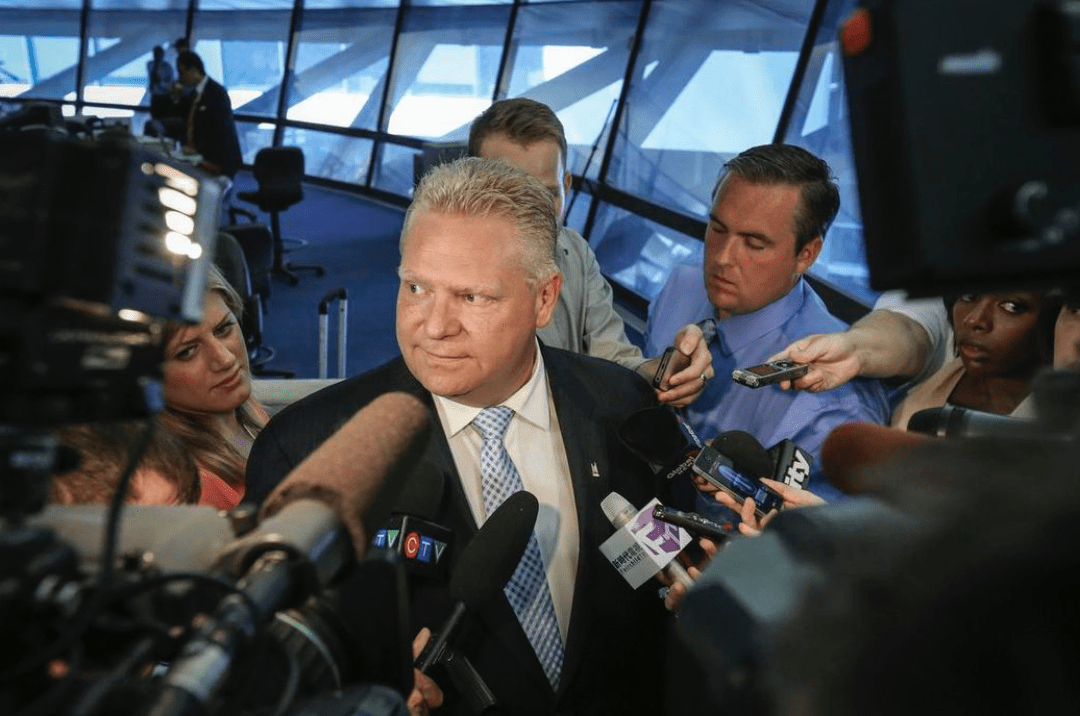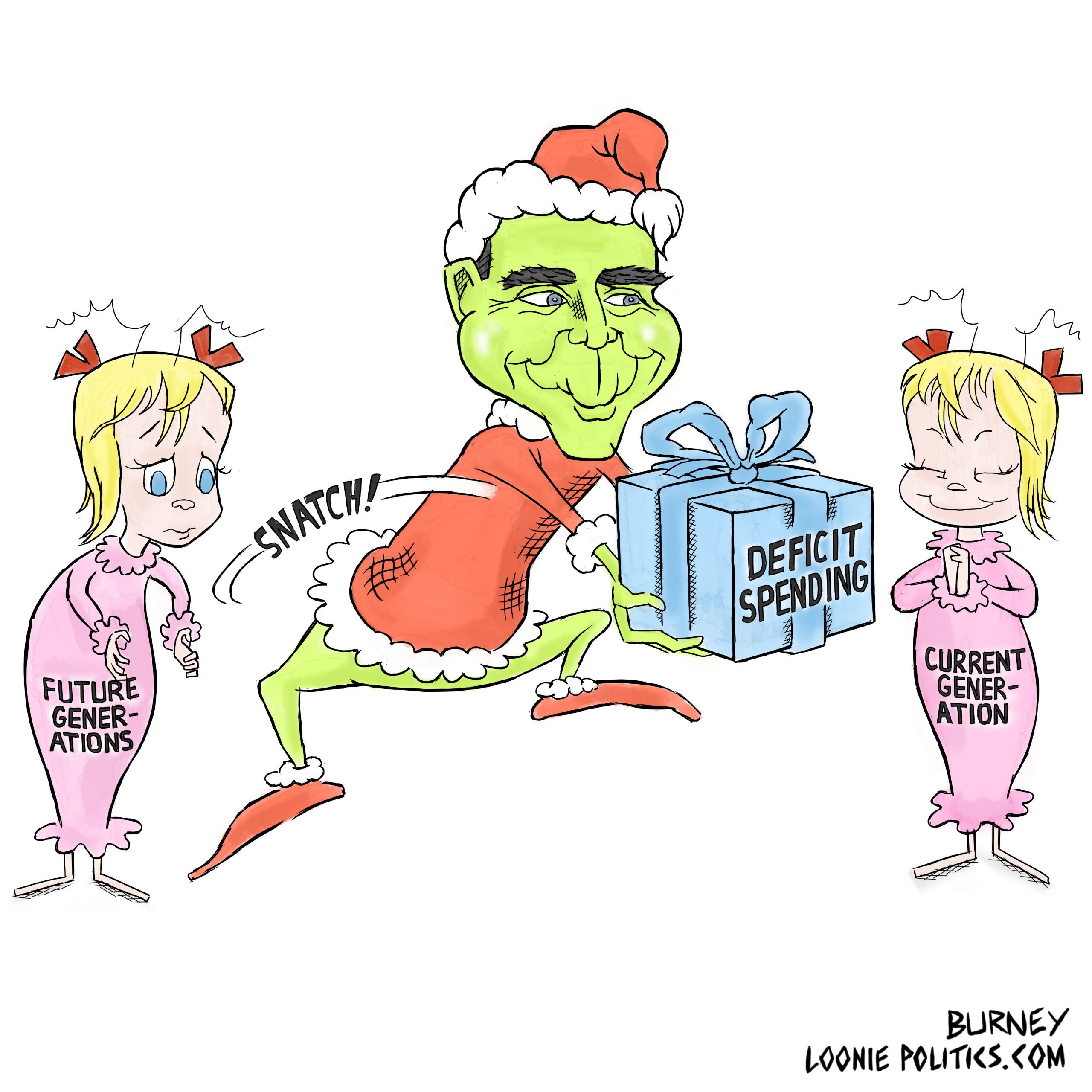We are now well and truly into the portion of the Canadian electoral cycle when the new Conservative government is not so new, and had accumulated a few significant dents and dings. These scars are the result of opposition from all quarters (the kind that Liberals never have to contend with) as well as the low quality of the individuals who comprise the government (because the Liberals have all the good people, don't you see).
A couple of ministers have been demoted or defenestrated, a couple of simmering sort-of scandals are boiling away, and the stage is set for some charismatic leader the Right Leader to enter stage left and save Ontario from the illegitimate depredations of the horrible barbary-cons. Aaaaany second now….
Of course, this is also the point where Canada's carefully mismanaged journalistic enterprise cuts both ways. You can't keep Ontarians in the dark about all the dirty and misleading things the Ontario Liberals were guilty of for 15 years and then expect them to turn on Ford as soon as they read a few headlines about Avista Corp or Ron Taverner or some other poorly explained person, place or thing.
That doesn't stop the Facts Matter true believers from thinking they're doing a fantastic job pushing back against Premier Warlord, when in reality they are churning out streams of BS Baffles Brains at unprecedented volumes and speeds, totally befuddling the majority of potential readers.
Who, for example, decided that what Ontarians needed was a bunch of explainers about the respective qualifications of OPP Chiefs past? Who thought that once we contrasted Ron Taverner's resume with that of illustrious former top cops such as Julian Fantino (i.e. the guy who sat on his hands during Caledonia), the voters would say, "My GOD. We cannot allow the integrity of our chief magistrate to be thusly called into question!!!"
As for the Avista Corp deal falling through, it's certainly true that the Ford government micromanaged things into oblivion, but where were the same people screaming about this when the Liberals panicked and shut down the Mississauga gas plant?
Then we've got the provincial accountant resigning as a result of Vic Fedeli inflating the deficit by $5B, and all I can say to that is, "A $15B deficit is a tragedy, a $10B deficit is a statistic." Seriously, now is the time when you resign in protest of budget fudgery?
Now none of this whataboutism should take away from the fact that Ford is relying pretty heavily on the Tony Soprano leadership manual as he bumbles along. But what continually eludes The #Resistance is that it's not that Ford is good at his job. None of these populists or populists wannabes are good at their jobs. It's that the forces of the establishment are worse at theirs.
To begin with, they cannot fathom how anyone could see poor little them as anything other than the plucky underdogs, even as they self-righteously proclaim to be the arbiters of Truth and Facts, and even as they perform a thoroughly transparent routine where they beg and plead not to be bailed out by the government. But even if their cupboards were genuinely bare, the fact that they do not raise a hue and cry when Rosemary Barton does an awkward walkaround with the PM while promising that the tough questions will come later tells you all you really need to know. Sucking up to those who have real power namely, the Liberals and their allies is the order of the day for our friends in the media, which is why they selectively afflict the comfortable.
Here's the real kicker, though: If the so-called journalists actually cared about informing the citizens, they wouldn't have to scramble during scrums to draw a bead on Ford. (Seriously, listen to their bleating in the background of this video.) People would be able to see through Ford's attempts to deflect. He wouldn't be able to tell whoppers or pretend as though nobody can see what he's doing. But since the media is one part information and nine parts agenda, nobody who doesn't already have a hate-on for Ford cares.
Photo Credit: Toronto Star
Written by Josh Lieblein











